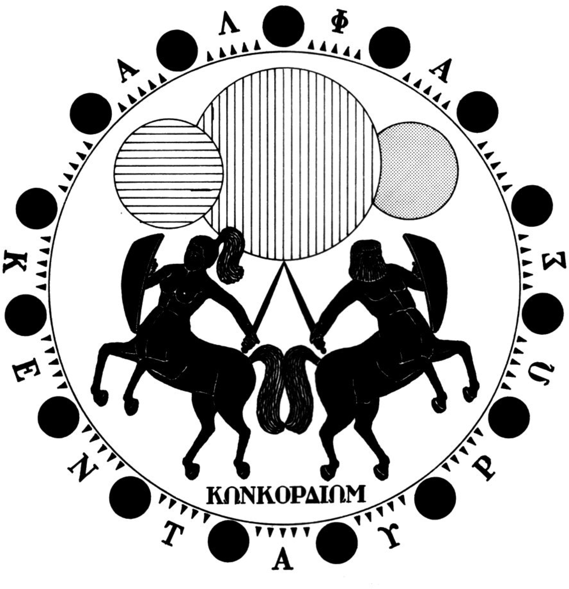In regards to the probabilities, this is Star Trek, not hard sci-fi.
I wish people would stop saying that. When I was growing up,
Star Trek was literally the only SF show on TV that tried to be even
slightly plausible, and that is what made it special to me. That is a large part of the reason it had such a committed, dedicated fanbase, because it felt more real to us than other sci-fi shows' sloppily conceived, nonsensical worlds did. I am so very, very sick of the smug way that today's fans dismiss it as just one more interchangeable piece of mindless fantasy, because it was so very, very much more to me and my generation.
And just in general, I have every right to
want fiction to be plausible. It's called
willing suspension of disbelief, not mandatory. It is absolutely okay to prefer a more plausible idea to a less plausible one.
(IMHO, the original episode was really odd in tying to Cochrane to Alpha Centauri while saying that he invented warp drive, since it'd be really hard to get there before the drive was invented. I can really get why people would overlook the references to Cochrane being human and jump to the conclusion that he was an alien from that place.)
It's not remotely odd. Alpha Centauri is, again, the nearest star system to our own. It is therefore naturally, inevitably the first interstellar destination that the inventor of faster-than-light drive would travel to. So to me it seems self-explanatory that Cochrane is famous for
going to Alpha Centauri for the first time, not coming
from there. He's "of Alpha Centauri" in the way that Sir Robert Scott was "of the Antarctic."
The problem is that in the outline, that was made explicit -- he was famous for leading that expedition. The script then rewrote it so he was famous as "the discoverer of the space warp" (an oddly phrased line, as if it were a natural phenomenon he found) rather than an expedition leader, but it kept in the "of Alpha Centauri" line. Which does create some initial confusion, but it's not hard to reason out a way to reconcile it.
Well, with only one episode to go on, the tie-ins built their own mythology around it. Besides, more interesting story opportunities if the Preservers were in operation longer, thus having more time to preserve more kinds of cultures on other places then if they were only around for a short time (or only one ship from one group that did it once).
I really doubt it was thought through that far. I mean, no single civilization is going to exist unchanged for hundreds of thousands or millions of years, so pushing them that far back is just ridiculous. I think a lot of people don't even stop to think about just when the Native Americans would've been in jeopardy, and don't realize it was more recent than the age of Shakespeare, more modern history than ancient.
For that matter, despite the fact that Spock used the term in the episode, I find it silly to call the Preservers a "species." Since when does an entire species or civilization devote itself to a single activity like that? If anything, the Preservers are more likely to be an organization, like space Greenpeace. They could be a multispecies group of activists (probably including the Vians from "The Empath," who had the exact same agenda). In a couple of my books, I've suggested that Federation historians apply the label "Preserver" to numerous unrelated groups throughout history that had similar missions, as my way of handwaving the various inconsistent ways they've been described in different tie-ins.
Besides, what's wrong with the whole IDIC thing of adding new stuff in the tie-ins that takes on a life of its own?
In general, nothing. It'd be fine if it were more peripheral, more distant and alien, but it just seems odd to stick something in so close to home both figuratively and literally, to claim it's been such a major, central part of the Federation from the beginning, when there's not a shred of real evidence for it to exist at all. It's like if some TOS novelist claimed that there was some hitherto-unseen member of Kirk's senior command crew who'd been there all along, standing just off-camera the whole time. Kirk, Spock, McCoy, and Larry.



